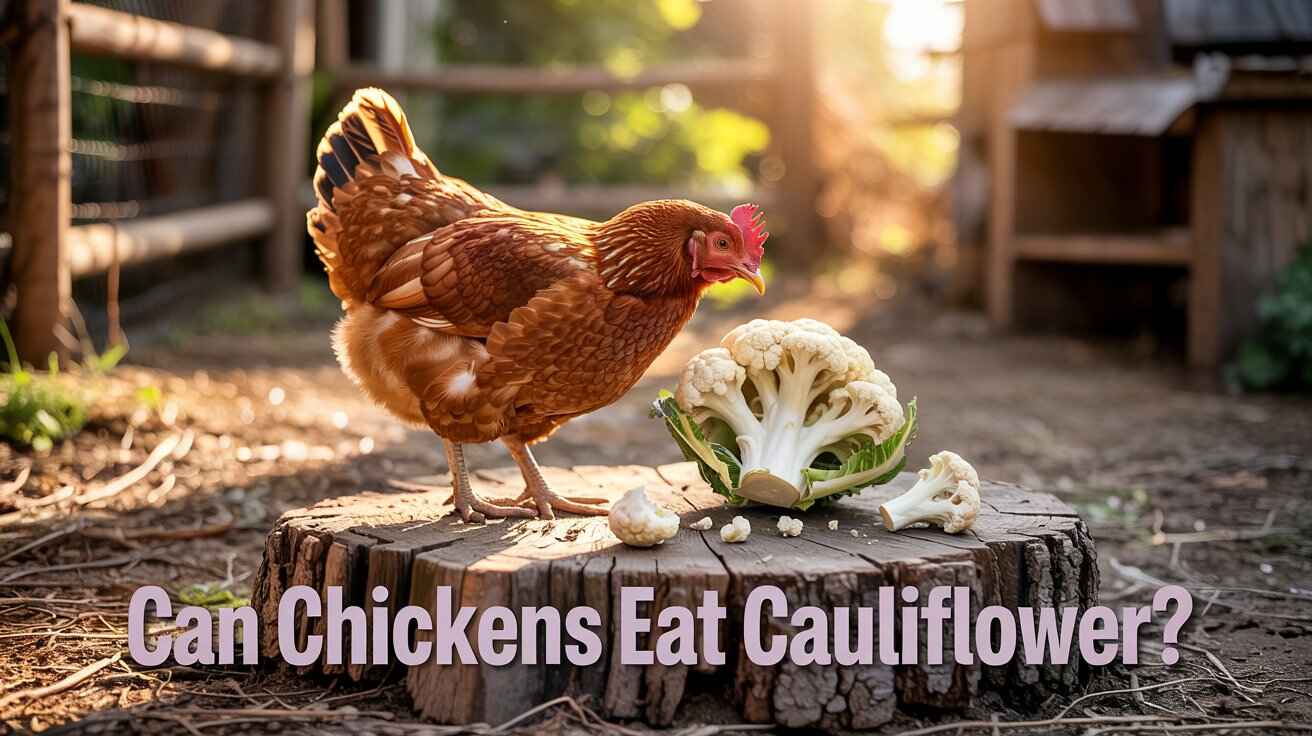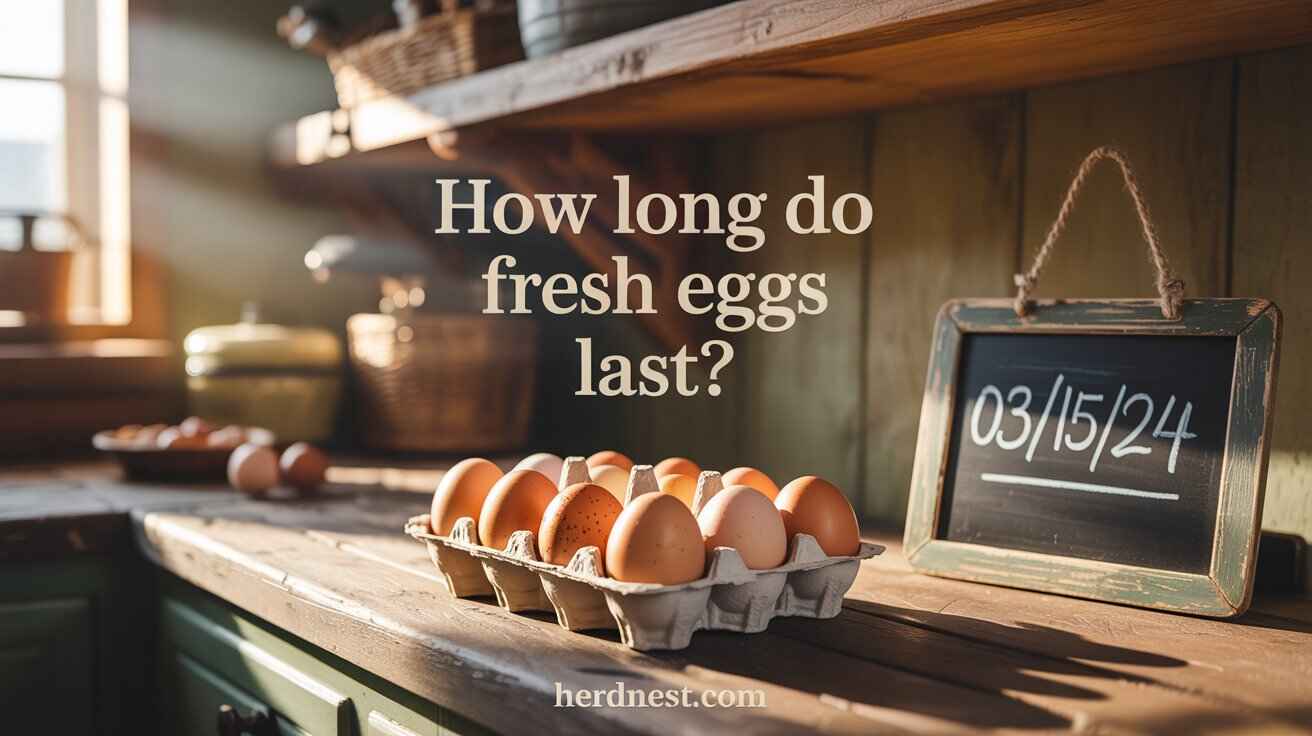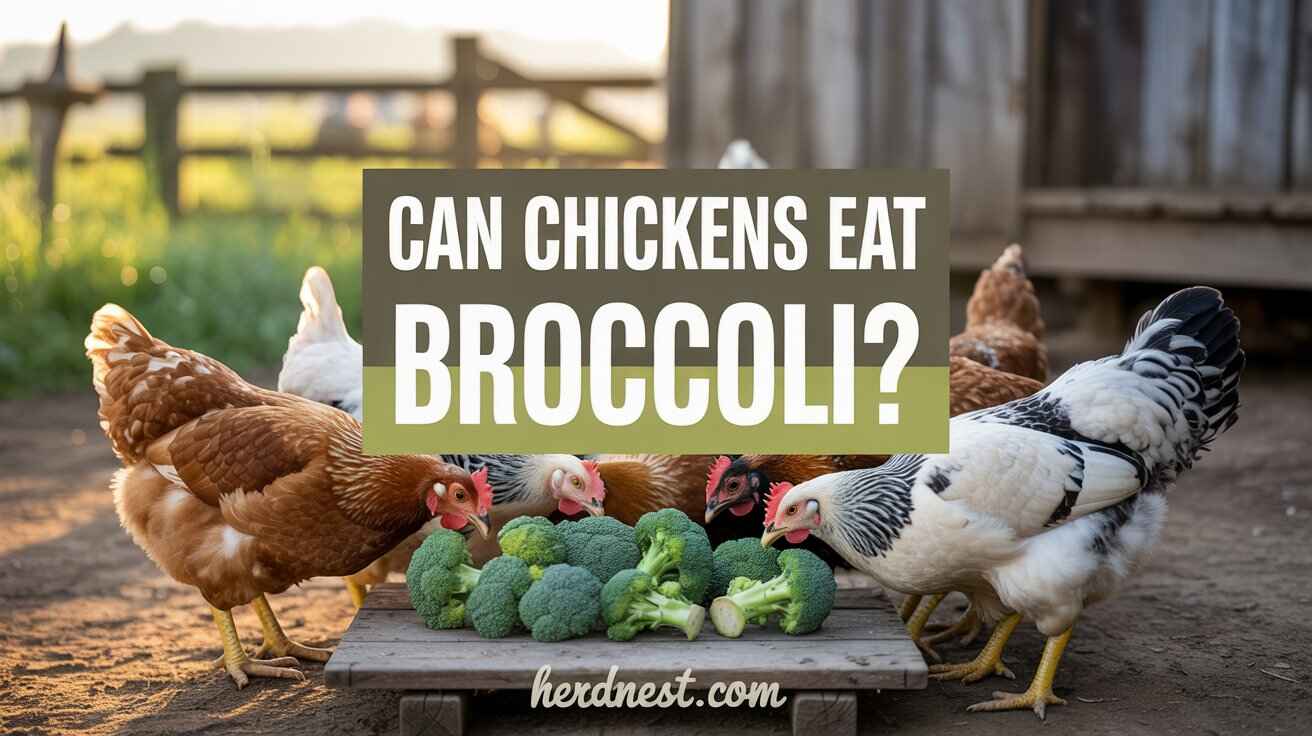Chickens, as natural omnivores, thrive on a varied diet that mirrors their instincts to forage for diverse food items. While their staple chicken feed provides essential nutrients, I’ve found that occasional treats like lettuce, pumpkin, or even cauliflower offer a delightful change that keeps my flock healthy and happy. Cauliflower, as a member of the Brassica family, is not only suitable but also highly beneficial for chickens, much like its counterpart, broccoli.
Adding extras like berries, watermelon, or even scraps of noodles can deliver a significant nutrient boost, enriching their diet. It’s fascinating how quickly chickens devour everything from kitchen scrap to leftover seeds, showcasing their adaptability.
Plus, incorporating food like cauliflower helps farmers save money, reduce food waste, and even recycle excess. From my experience, even though chickens may sometimes peck at odd things like styrofoam or sip from dirty puddle water, offering wholesome options ensures they stay focused on delicacies that truly benefit their health.

Table of Contents
ToggleCan Chickens Eat Cauliflower?
Chickens love cauliflower and will eagerly gobble it up if tossed into their pen, but it’s essential to feed it in moderation. While it’s a healthy addition to their diet, their primary feed is formulated with the right micro and macronutrients for balanced nutrition. Overfeeding fresh food, especially fiber-rich options like florets, can disrupt this balance.
Crucial caution is needed with cruciferous vegetables like broccoli, cabbage, and kale, which contain goitrogens that may lead to avian goiter—an issue affecting the thyroid gland and causing symptoms like lethargy, depression, and weight loss.
If your flock is already consuming soybeans, limit these veggies to protect their health. Including protein and limiting excess fats ensures your birds thrive.
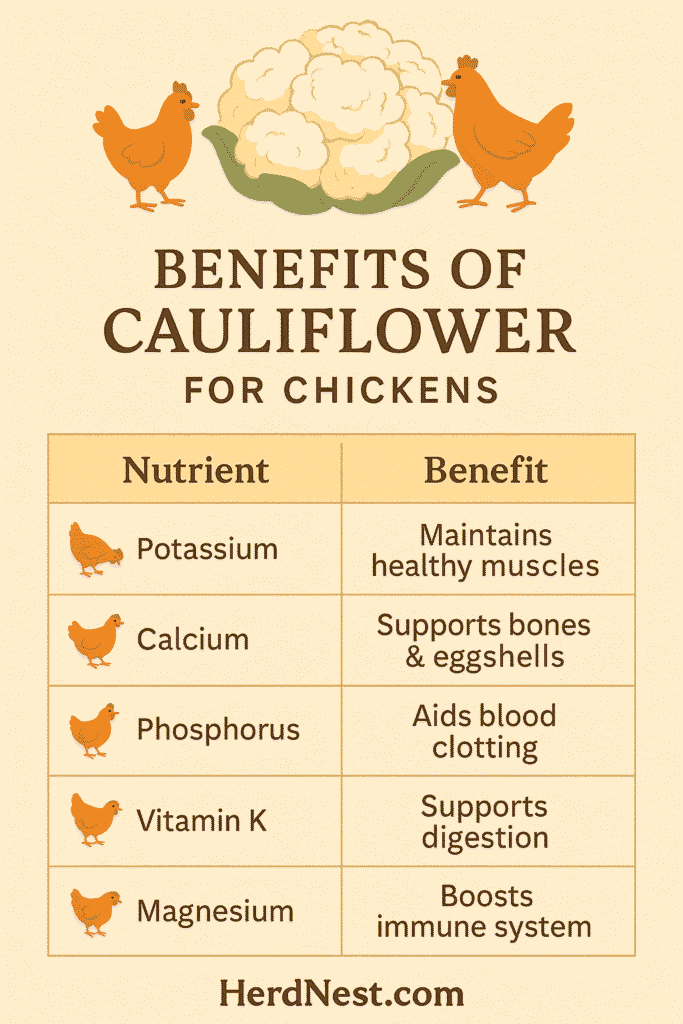
Cauliflower Is Healthy For Chickens Too!
Cauliflower is a great addition to a chicken’s balanced diet, packed with vitamins, minerals, and fiber to support their overall health. Chickens love to peck at its stems, leaves, and florets, enjoying the flavor boost and texture.
This nutritious veggie provides potassium, which helps maintain healthy muscles and prevents dehydration, especially during the summer. For stronger bones and better eggshell production, calcium and phosphorus play a big role, while Vitamin K supports bone composition and blood clotting.
Adding cauliflower to their diet benefits egg production, boosts the immune system, and ensures young birds grow properly with sufficient nutrients.
From my experience, chickens enjoy the water-heavy content of cauliflower, which aids in intestinal absorption and provides energy through its carbohydrates. Nutrients like magnesium, iron, and Vitamin E contribute to their circulatory system, muscle use, and soft tissue health, making this veggie ideal for maintaining their well-being.
Plus, the leftover leaves and stems are completely edible, so there’s no need to toss them into the compost pile. Including cauliflower in moderation ensures your hens, or as I call them, my beloved chooks, thrive with quality care and healthy treats.
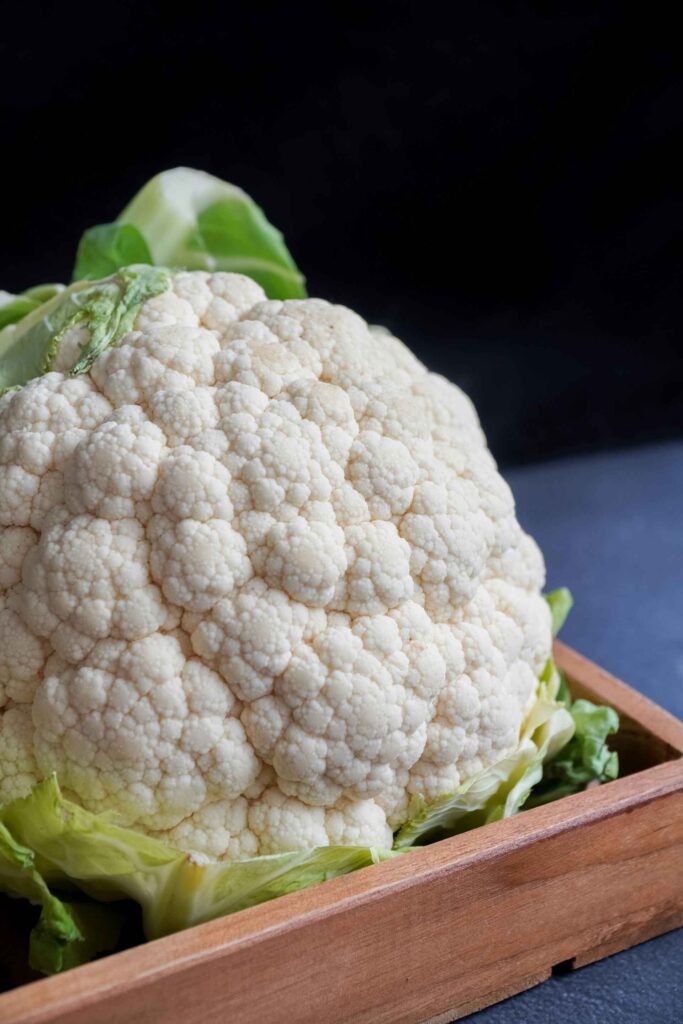
What Parts Of The Cauliflower Plant Can Chickens Eat?
Chickens can eat every part of the cauliflower plant, including the roots, stalks, leaves, and even the head, making it an excellent treat for your flock. Whether you’re in a backyard or farm setting, cauliflower is an easy option to feed them, especially for chicken owners looking to minimize waste.
The white curd and stems are completely edible, and I’ve found that my chooks love to snack on them. If you’re managing a no-till garden, leaving the soil undisturbed allows the plants to break down, but any excess can go straight to the chickens, even if slightly contaminated by cabbage worms. They also help control insects like aphids, pulling double duty as pest managers while enjoying their treats.
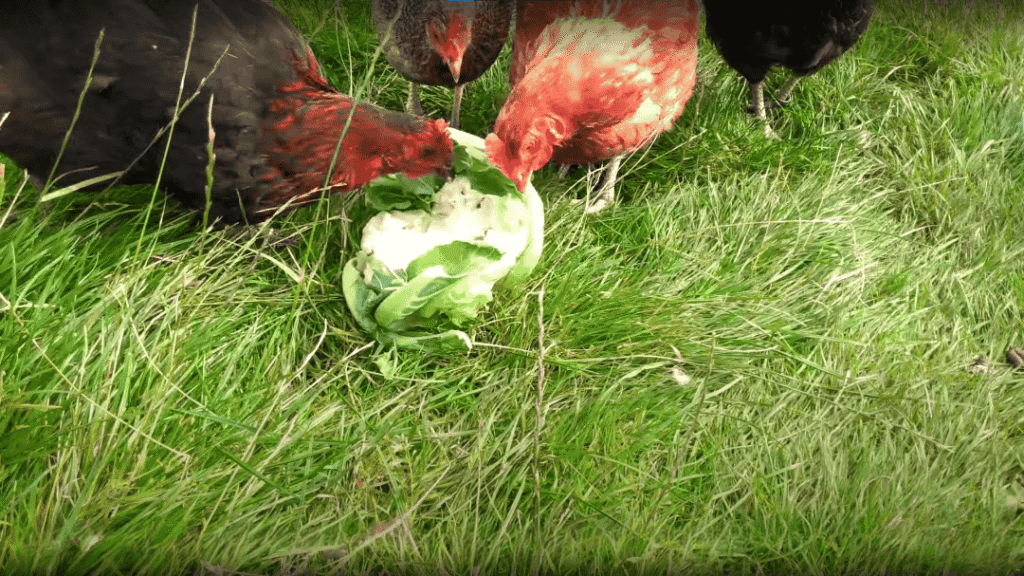
Feeding Chickens Cauliflower
Feeding cauliflower to your flock can be both nutritious and fun. Whether it’s raw, cooked, or even frozen, it’s a great treat that provides a nutrient boost while keeping your chickens entertained.
To make it easier for your laying hens, always chop the raw vegetables into small pieces or use a food processor to create bite-sized portions. This ensures your feathered friends can easily peck at it without frustration.
Cooked cauliflower works just as well, as the cooking process softens its cell walls, making it easier to digest. Just remember to feed it in moderation, as too many treats can affect their digestive system and overall health.
For added fun, tie a whole vegetable or a swinging vegetable to a string in the coop or pen, and let your chickens twist and peck at it for hours of entertainment. During the summer, you can freeze the cauliflower overnight for a cooling snack.
If you’re like me and love experimenting, even seedlings or leftover florets from your garden can make an excellent addition to their diet. Don’t forget to provide grit as a supplement to help their gizzard break down food efficiently when feeding anything other than commercial feed. Your birds will enjoy the creative snacks, stay healthy, and make the most of these wholesome additions to their routine.
How Much Cauliflower Should You Feed Your Chickens?
When feeding cauliflowers to your chickens, it’s important to remember that they should only be given as a treat and not as the main menu. Always practice moderation—an average-sized cauliflower is enough for two chickens to share. Offering too much cauliflower might fill them up and prevent them from eating their essential feed, which provides the nutrients they need to stay healthy.
Do Cauliflower Treats Affect Your Chicken’s Eggs?
There is no study or evidence to show that cauliflower directly affects your chickens’ eggs, whether it’s their quality or the frequency of their laying.
However, offering healthy treats like cauliflower as part of a well-balanced meal can positively influence egg production. By focusing on essential factors, such as diet and nutrition, you’ll ensure your chickens lay consistently while staying healthy and happy.
Final Recap
Cauliflower is a tasty and suitable addition to your chicken menu, offering a nutrient boost and keeping your flock happy. Whether as a winter treat or a frozen snack in the summer, it provides both enjoyment and enrichment activity for your birds.
Always prepare it carefully by ensuring the cauliflower is fresh, diced into small pieces, and served in moderation to ensure safety and easy consumption. Don’t forget to provide grit when offering veggies or fruits to your feathered friends, as it helps with digestion. A well-prepared cauliflower will surely keep your hens busy and healthy!
